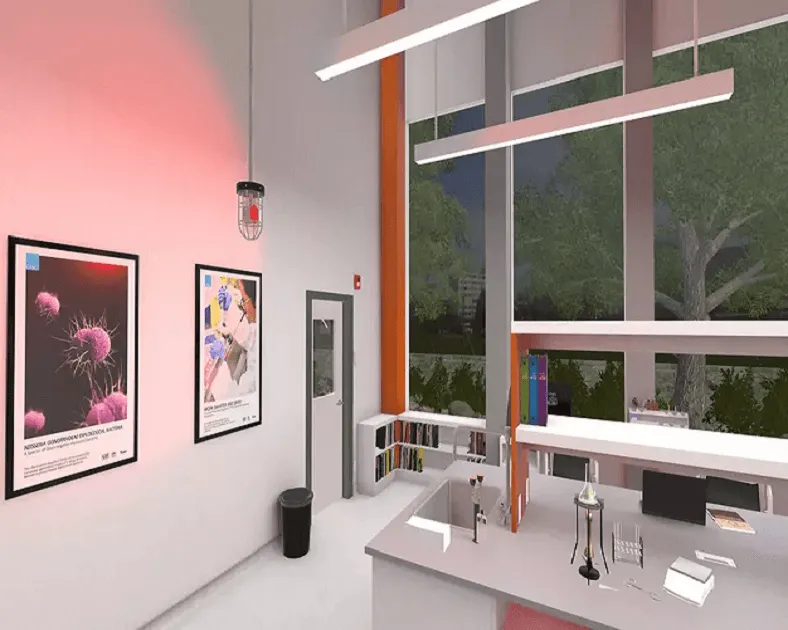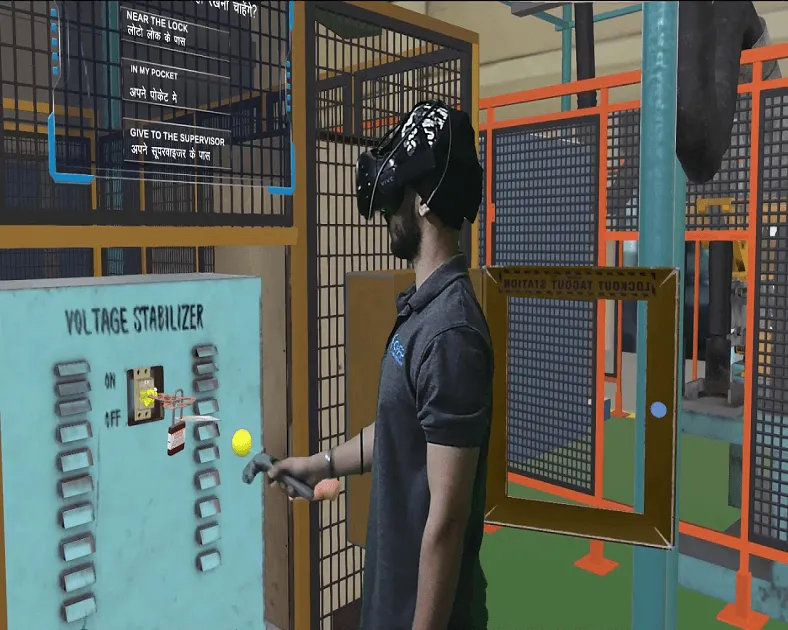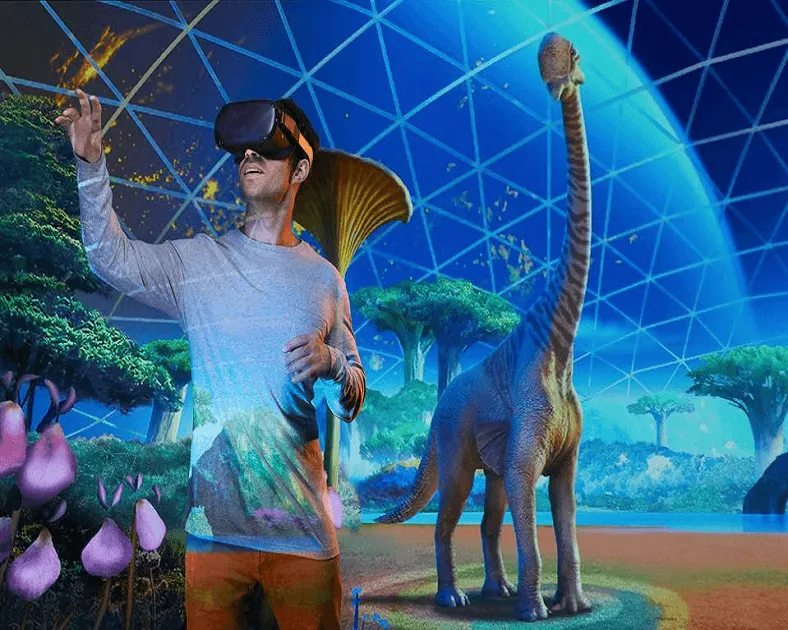Virtual Reality In Chemistry
Virtual Reality / Education
Chemistry, often dubbed the "central science," connects physics, biology, and other disciplines, making it essential for students to grasp its principles fully. Traditional methods of teaching chemistry, such as lectures and textbooks, sometimes fall short in conveying complex concepts effectively. Fortunately, Virtual Reality (VR) is emerging as a transformative tool that enhances chemistry education. This blog explores how VR is revolutionizing the way we learn and teach chemistry, making it more interactive and engaging.
The Benefits of Virtual Reality In Chemistry
- Enhanced Visualization
VR allows students to visualize molecular structures and chemical reactions in 3D. This immersive experience helps students grasp abstract concepts like atomic bonding and molecular geometry more effectively.
- Safe Experimentation
In a virtual lab, students can conduct experiments that would be dangerous or impossible in a traditional setting. They can explore hazardous reactions or handle toxic substances without the risk of injury or exposure.
- Interactive Learning
VR encourages active participation. Students can manipulate virtual chemicals, mix compounds, and observe the outcomes of their experiments, fostering a deeper understanding of chemical concepts.
- Immediate Feedback
Many VR platforms provide instant feedback on student actions. This allows learners to understand their mistakes and refine their techniques in real-time, promoting continuous improvement.
Real-World Applications
As technology evolves, the future of VR in chemistry education is promising. We can expect to see advances in graphics, user interfaces, and the incorporation of artificial intelligence to create personalized learning experiences that adapt to individual student needs. Innovations may also lead to collaborations across educational institutions to develop shared VR resources and content.
Conclusion
Virtual Reality is revolutionizing chemistry education by making complex concepts more accessible and engaging. By providing immersive and interactive experiences, VR encourages students to experiment, visualize, and engage with the material actively. As we embrace this technology, the potential for enriching the study of chemistry and inspiring the next generation of scientists is limitless.
Call us
Have you experienced VR in a chemistry setting or any other educational context? Share your thoughts and experiences in the comments below! Stay tuned for more insights into how technology is shaping education in the sciences.
Explore More Projects
We welcome your questions, do not hesitate to contact us
- Create virtual reality and augmented reality experiences at the best prices
- Equipping engineering laboratories with the best equipment
- Virtual tours with 360° technology and also feature that you can see them through just one link
- Create virtual reality and augmented reality experiences at the best prices
- Equipping engineering laboratories with the best equipment
-
Virtual tours with 360° technology and also feature that you can see
them through just one link



